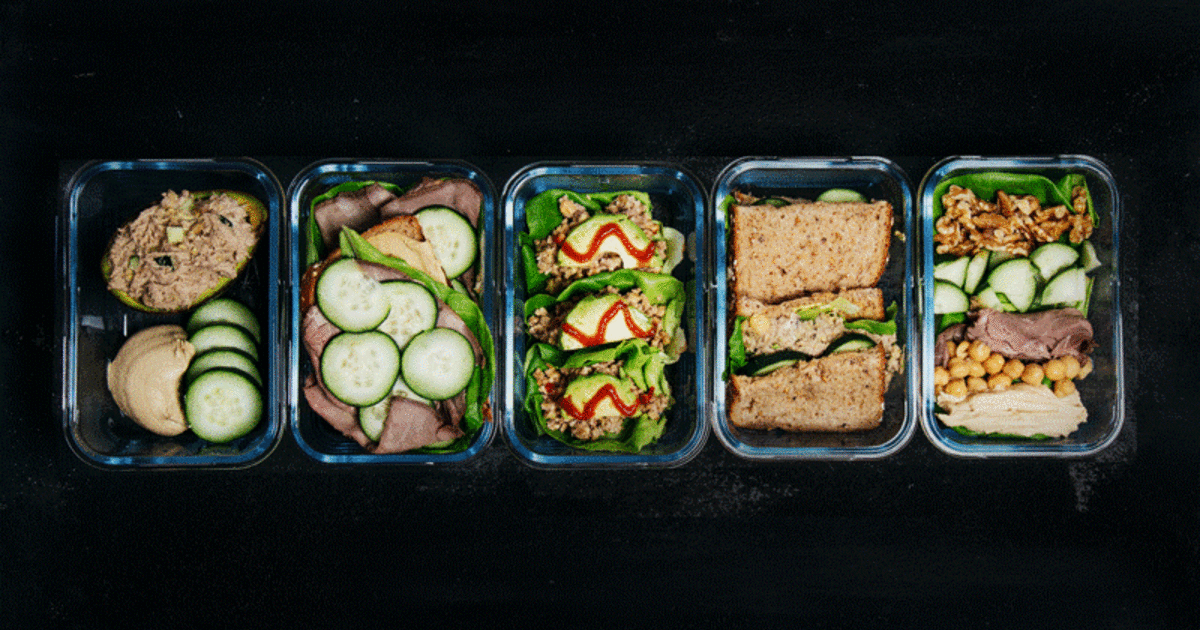

Eat Healthy to Be Healthy
Eating a healthy diet is one of the most vital things you can do each day for your health. While there’s a lot of information regarding eating and fad diets available, it’s important to remember eating healthy doesn’t have to be complicated.
A healthy diet isn’t centered on restrictions. The centerpiece of a healthy diet begins with eating nutritious foods and drinks that meet your caloric needs, make you feel your best and properly fuel you throughout your daily activities.
Some simple steps you can take immediately to improve your eating habits include:
Not skipping meals
Plan your meals ahead of time
Opt for fresh ingredients and limit packaged and processed foods
Keep a positive attitude about improving eating habits
Stay hydrated and drink water instead of sugary drinks
Make healthy eating pleasurable and not a chore
Eat from every food group
Veggies





















Fruits
























Whole Grains






Fat-free or Low-fat Dairy Products





Lean Meats, Poultry, Eggs, Beans, Peas, Nuts, Seeds and Soy Products











Meal Planning Made Easy
Meal planning has many advantages including reducing monthly food waste, decreasing stress and saving you money! People are often intimidated by the idea of meal planning, but if you find the right plan for you and your family, it is actually quite simple! Remember, crockpot meals and make ahead freezer meals can save time as well during a busy week. Just set aside a little time on the weekends to prep.
Here are important steps to help you meal plan!
Meal Planning Step-by-Step
- Print off a calendar each month with the days of the week listed on it.
- Mark busy nights where you know leftovers or a quick meal will be a must.
- On a different sheet of paper, write down meals (20-25) that you and your family enjoy.
- Plug those meals into your monthly calendar depending on how often you want to cook each week.
- Write down the ingredients you will need to cook each meal. Make sure to check your pantry and fridge, and cross off any ingredients you already have on hand.
- Use this list to grocery shop!
Congrats! You just meal planned!

Nutrition Resources
Everyone knows about the importance of practicing good nutrition, but often we're bombarded with an overload of information in the digital world. So, how do you sort through the noise? We're here to help! There are many organizations that offer credible, practical and reputable resources on nutrition. From meal prep to healthy recipes to grocery shopping to the most up-to-date research in the nutrition world, these resources will help guide you and get you started in the right direction.
- The National Institute of Health's National Heart, Lungs and Blood Institute
Reference this site for nutritious and tasty meal ideas for both children and adults. The site features recipes, videos and tips for creating healthy meals for the family. - Dietary Guidelines for Americans
The Dietary Guidelines for Americans provide evidence-based nutrition information and advice for people age two and older to help Americans make smart choices about food and physical activity so they can live healthier lives. - USDA Food and Nutrition Information Center
This site provides the most up-to-date food and nutrition resources for dietitians, health professionals, educators, government personnel and consumers.




